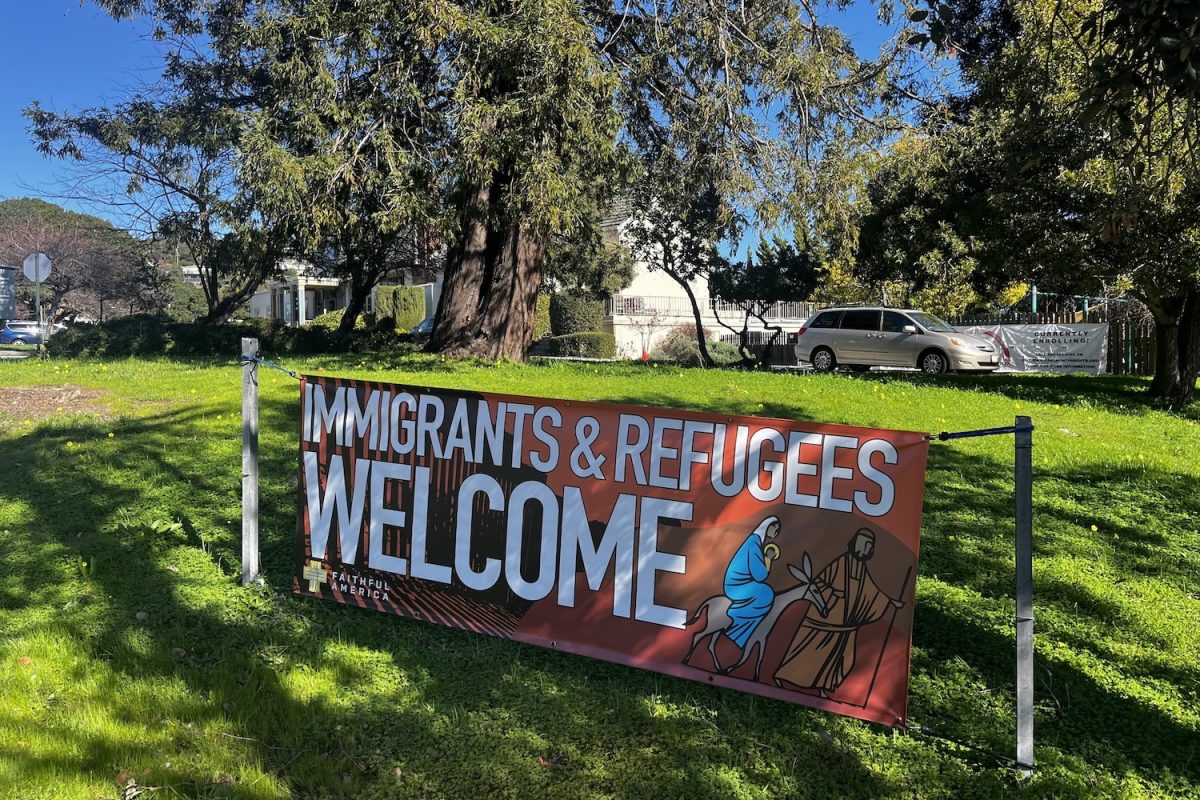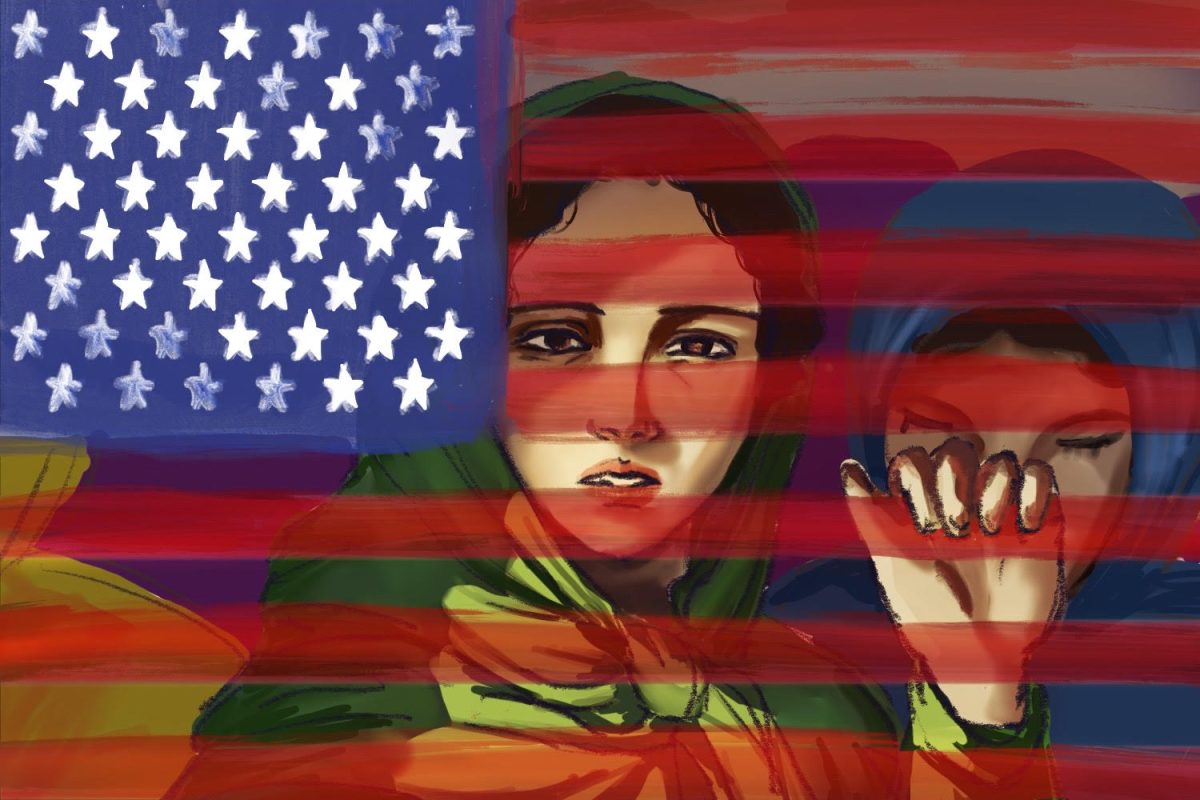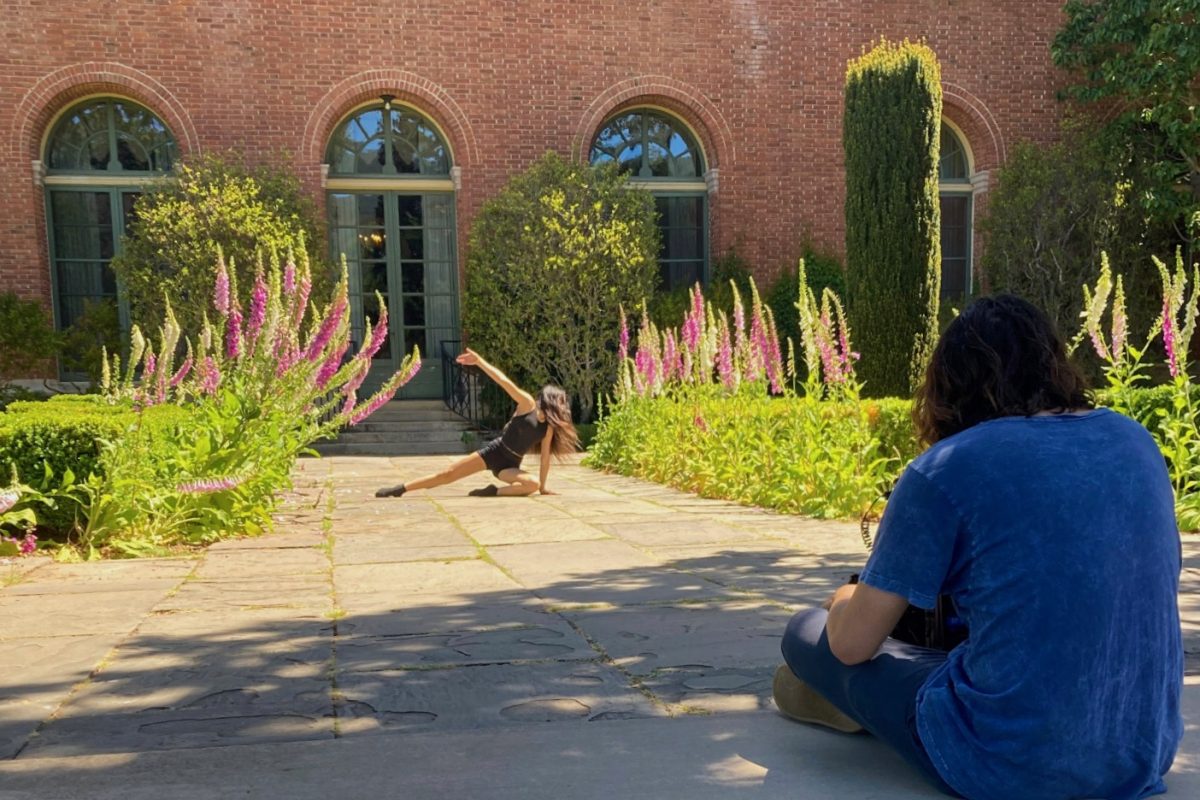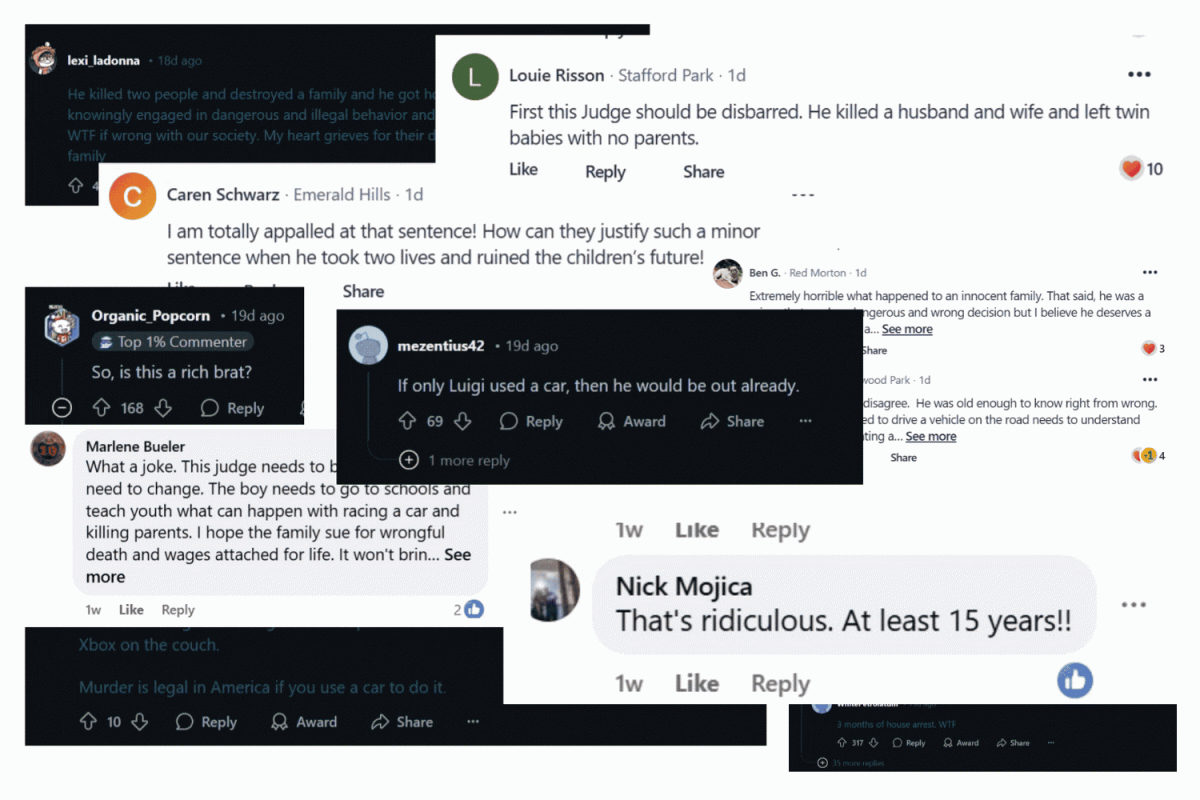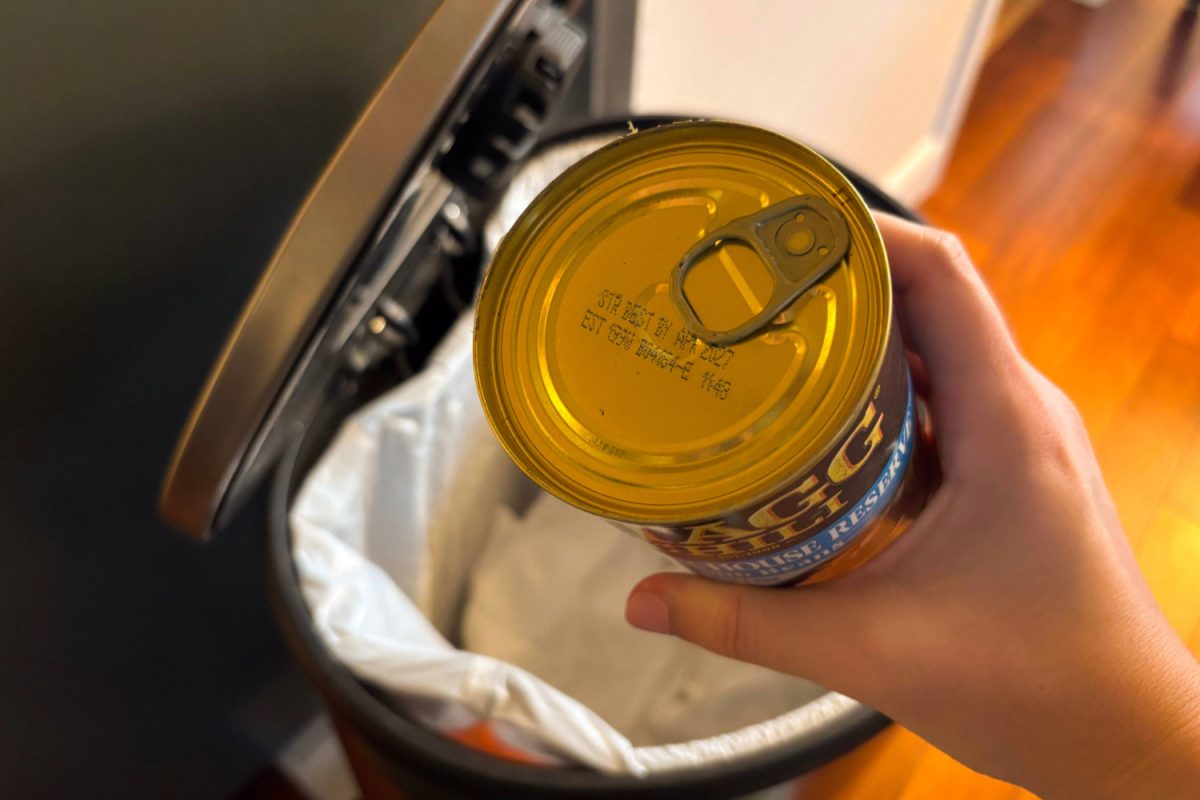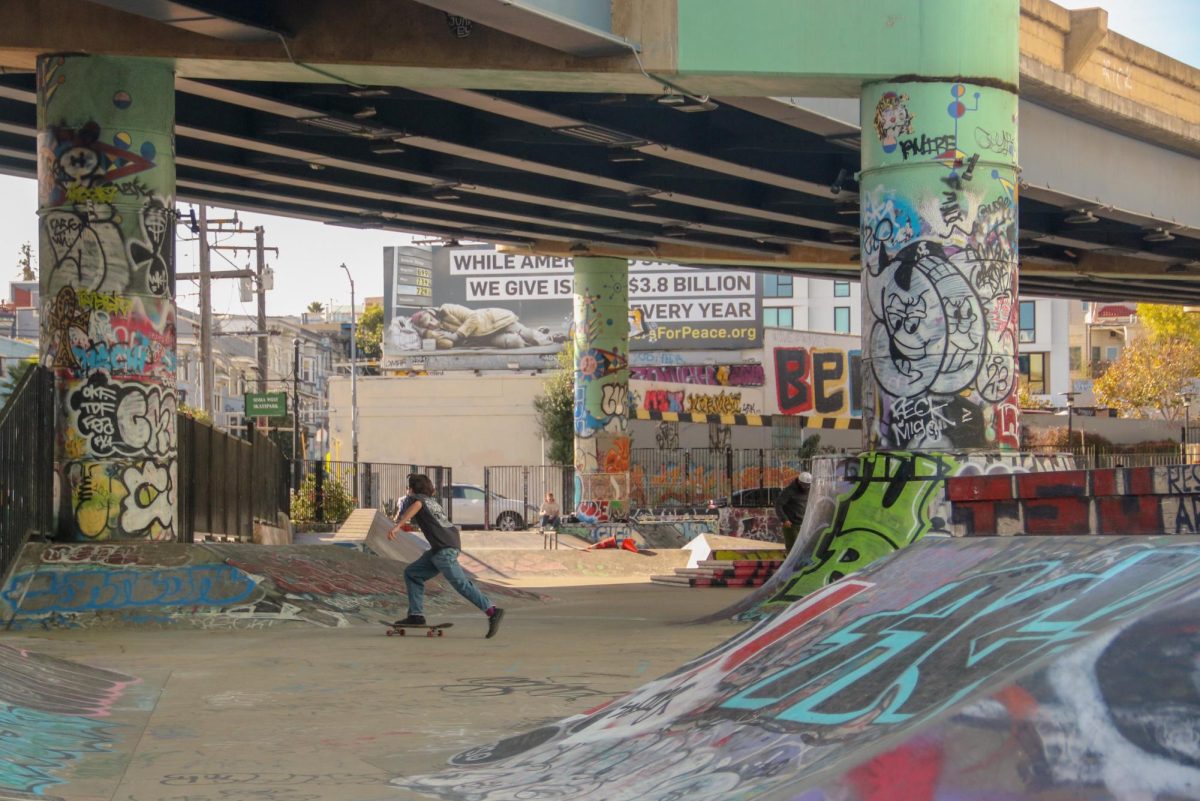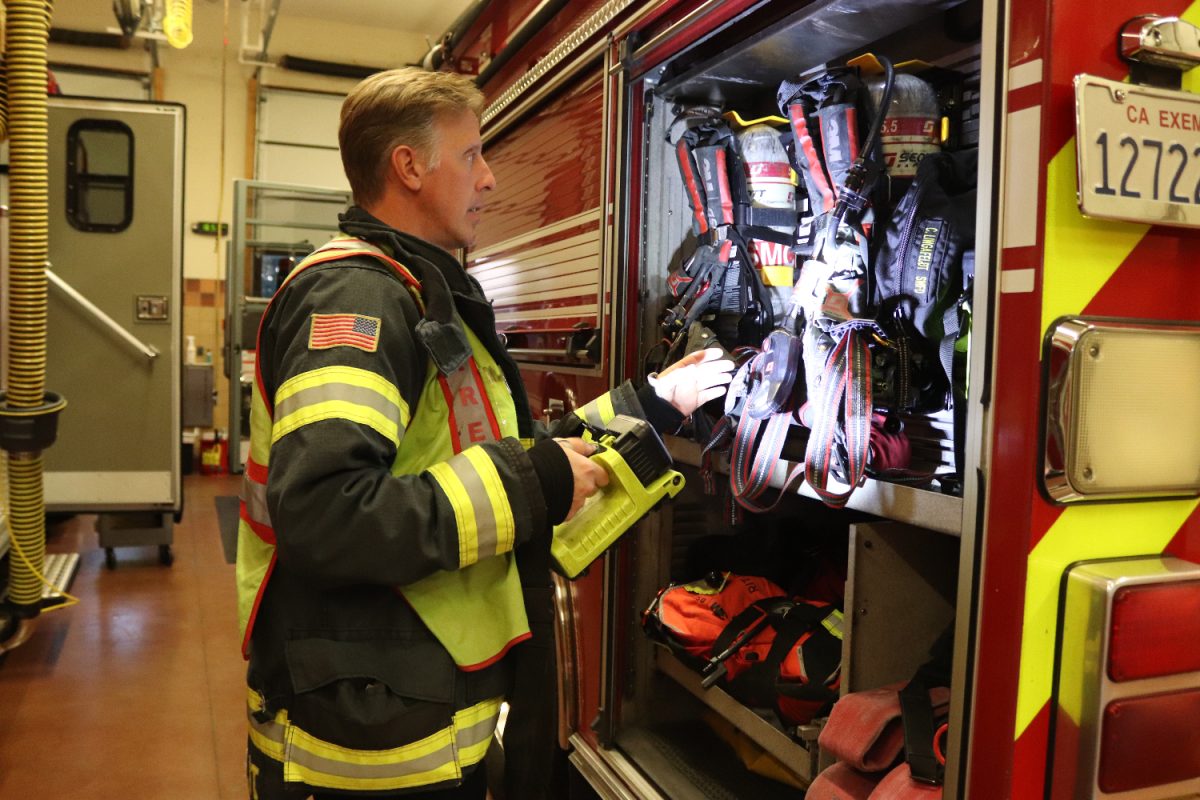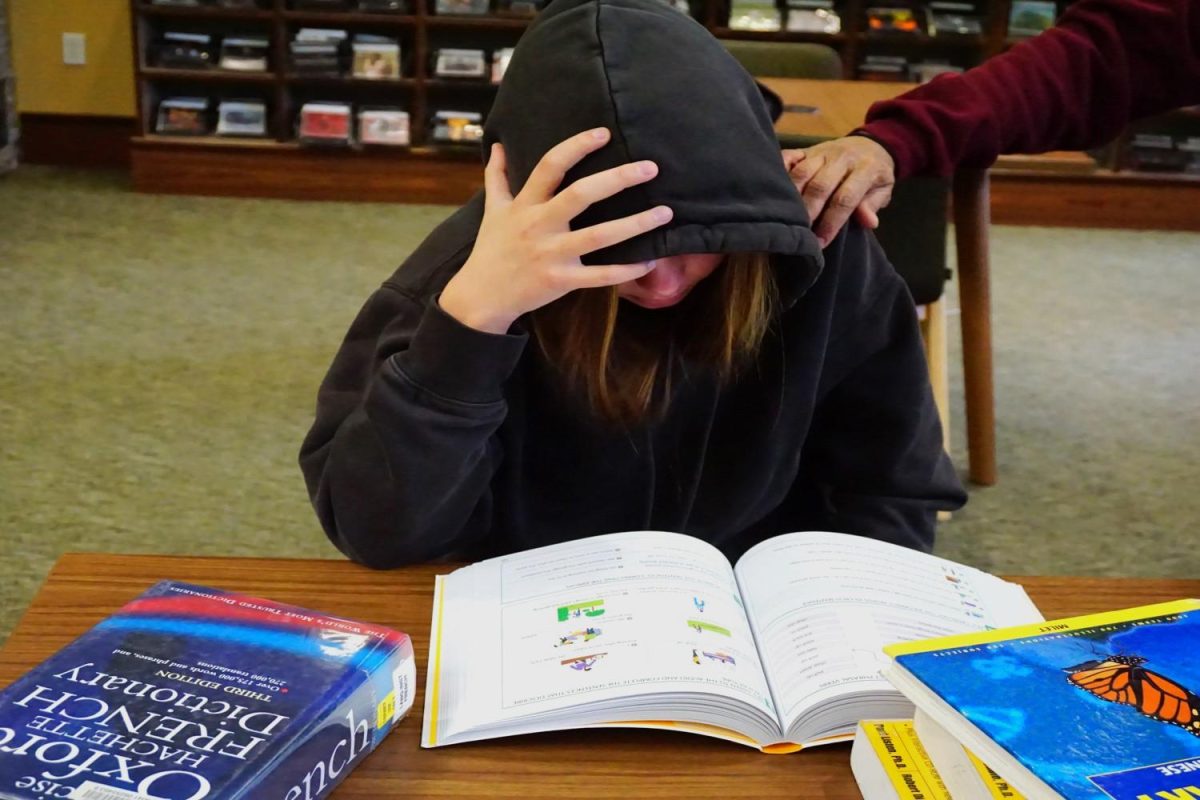As the Trump administration passes new immigration policies, religious groups such as the Congregational Church of the Peninsula (CCP) and Faith in Action Bay Area (FIA) work to support the immigrant community.
In attempts to overhaul the U.S. immigration system, the Trump administration plans to increase the deportation of undocumented immigrants and halt the processing of asylum seekers. Immigration and Customs Enforcement (ICE) officers are now allowed to apprehend unauthorized immigrants in previously protected areas like churches, schools, and healthcare centers.
This greatly contrasts the policies of the Biden administration, where ICE officers weren’t allowed to arrest undocumented immigrants in these protected locations.
As President Trump ramps up mass deportations, 44% of U.S. adults say the administration is doing “too much” to remove immigrants who are in the U.S. illegally, according to a survey conducted by Pew Research in January 2025.
California responded this past week by setting aside $50 million to defend immigrants facing deportation and to safeguard the civil rights of California’s most vulnerable residents. More than 12 Christian and Jewish groups recently filed a federal court lawsuit challenging the administration’s move to give immigration agents more leeway to make arrests at houses of worship.
The Congregational Church of the Peninsula (CCP), a church in Belmont, welcomes people from all walks of life, including immigrants seeking support. A prominent “Immigrants and Refugees are Welcome” banner greets anyone who enters.
Pastor Jim Mitulski, who joined the church in February 2023, said that his church is committed to social justice and community engagement. He says that undocumented migrants are in an especially vulnerable place and that they can reach out to the church for help.
“Helping both documented and undocumented immigrants is a part of our commitment to inclusion. The recent executive orders have caused us to reinvigorate the Rapid Response Network. We are meeting with a group called Faith in Action Bay Area to see how we can support immigrants during this particularly trying time,” Mitulski said.
Michelle Carter, a volunteer with CCP and liaison to the San Mateo County’s Rapid Response Network shared that there should be no impediments to people wanting to be part of the community and that they are happy to help if they can.
“Many are afraid to go to work or send their children to school,” Carter said. “We can’t stop the arrest, but we can certainly cook, we can grocery shop, we can go to the pharmacy, we can drive kids to school. We are privileged, so we will use our privilege to help others.”
Mitulski is also a member of the Peninsula Solidarity Cohort, which seeks to build solidarity among communities across racial, religious, generational, and socioeconomic lines. He shares a message for immigrants who are especially struggling right now.
“If you’re a migrant or an immigrant, you have a place in our community, and we want to welcome you, we want to help. We want to include you, whether or not you share our religious beliefs,” Mitulski said.
Faith in Action Bay Area (FIA) is another organization comprised of community organizers and leaders working in congregations and schools across the Bay Area to uphold the dignity of all people.
Carter says that FIA programs intend to support the family of immigrants who have been arrested. Volunteers are on standby to record an arrest which they then share with FIA attorneys. Additionally, they set up food and telephone chains to support the impacted families.
Mitulski, who regards himself as “an optimist by conviction and life patterns” is proud that his church and congregation are willing to take a stand and do what they can to help.
He says that during the AIDS crisis of the 1990s, he worked at a church in the Castro District of San Francisco. The church helped many terminally ill people with AIDS, strengthening his own resolve not to be a bystander.
“I love that this is a congregation that’s willing to stand up and say ‘We’re just not going to watch this happen without making some effort to change the outcome,’” Mitulski said.
Nani Friedman, a community organizer with FIA, says that although many people in San Mateo County are fearful about the safety of their loved ones, people are uniting by sharing crucial resources such as the Rapid Response Hotline, and acting with shared urgency to look out for each other.
“They are not just asking what they can do, but they are connecting with each other and asking what they can do collectively, recognizing that we are stronger together. When we protect the most vulnerable people in our community, all of us are more protected,” Friedman said.

